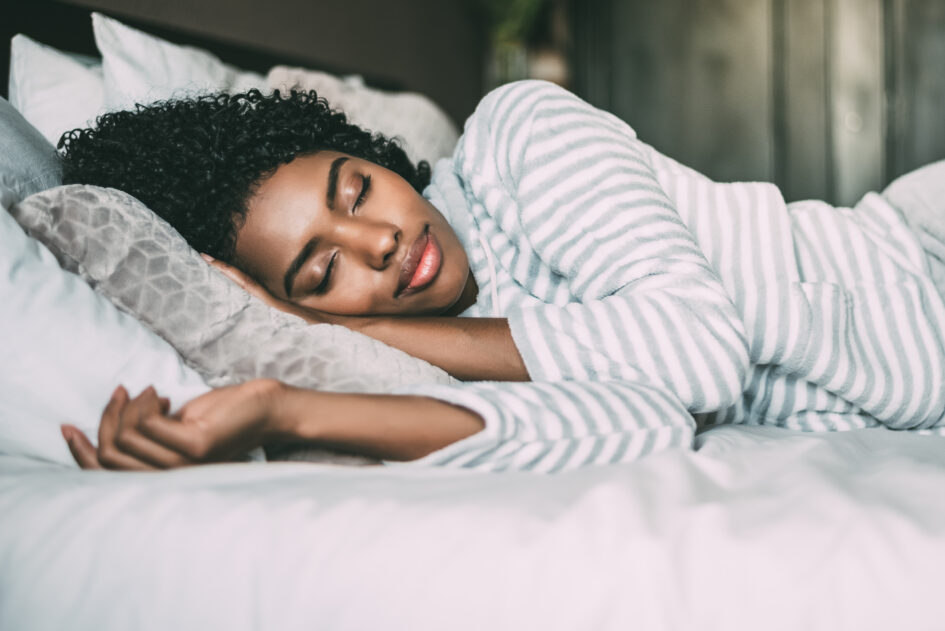Stay on Schedule With Your Routine
Establish fixed times for waking up; showering and getting dressed (even if you aren’t leaving the house); eating meals at the same time each day; working and exercising; winding down and relaxing before bedtime; and then finally, turning the lights out and trying to fall asleep.
Reserve Your Bed for Sleep and Intimacy
It’s important that you create an association in your mind between your bed and sleep and/or intimacy. Avoid other activities, such as bringing a laptop into bed to work or watching a movie or television show, from taking place in your bed.
Don’t Stay in Bed if You Can’t Fall Asleep
If you find that you’re having a hard time sleeping on any given night, don’t spend more than 20 minutes tossing and turning. Instead, get up and do something relaxing in very low light and then head back to bed to try to fall asleep.
Create a Comfortable Sleeping Environment
Create a comfortable and inviting setting to doze off by keeping your bed feeling fresh: frequently change your sheets, fluff your pillows, and consider refreshing your bedroom setup with a brand-new mattress, sheets, or any other sleep products that need an upgrade.
Get Exposure to Natural Light
Spend daily time outside in natural light, especially in the morning if you can and even if the sun isn’t shining brightly. Open your windows and blinds to let light into your home as much as possible during the day.
Be Mindful of Screen Time
Avoid using electronic devices, such as mobile phones, tablets, and computers, an hour before bed. Use device settings or special apps that reduce or filter blue light, which has been found to interfere with the body’s natural sleep-promoting processes.
Be Careful With Naps
Consider a more intentional and consistent napping schedule rather than approaching naps haphazardly. Limit your naps to just 10 to 20 minutes to avoid feeling groggy or try to avoid taking naps altogether.
Stay Active Every Day
Engage in regular physical activity every day, such as doing yoga or walking or participating in live-stream free classes while social distancing. Make sure to avoid excessive physical activity right before bedtime, however.
Practice Kindness and Foster Connection
Kindness and connection can reduce stress and its harmful effects on mood and sleep, so try to find some positive news stories, and use technology to stay in touch with friends and family to maintain social connections despite the need for social distancing.
Utilize Relaxation Techniques
Build relaxation techniques into your routine, such as deep breathing, stretching, yoga, mindfulness meditation, calming music and quiet reading. Try exploring smartphone apps like Headspace and Calm that have programs designed for people new to meditation.
Watch What You Eat and Drink
Try to keep a healthy diet by aiming for a diet that is rich in vegetables and fruits as well as lean meats. Also, be cautious with the intake of alcohol and caffeine as both can disrupt the quantity and quality of your sleep.
Take a Break from the News
Avoid becoming overwhelmed by the news and try techniques like bookmarking one or two trusted news sites and visiting them only during a limited, pre-set amount of time each day. This will also cut down the total time that you spend scrolling on social media.
Source: “Sleep Guidelines During the COVID-19 Pandemic,” Sleep Foundation, accessed Feb. 10, 2021.

